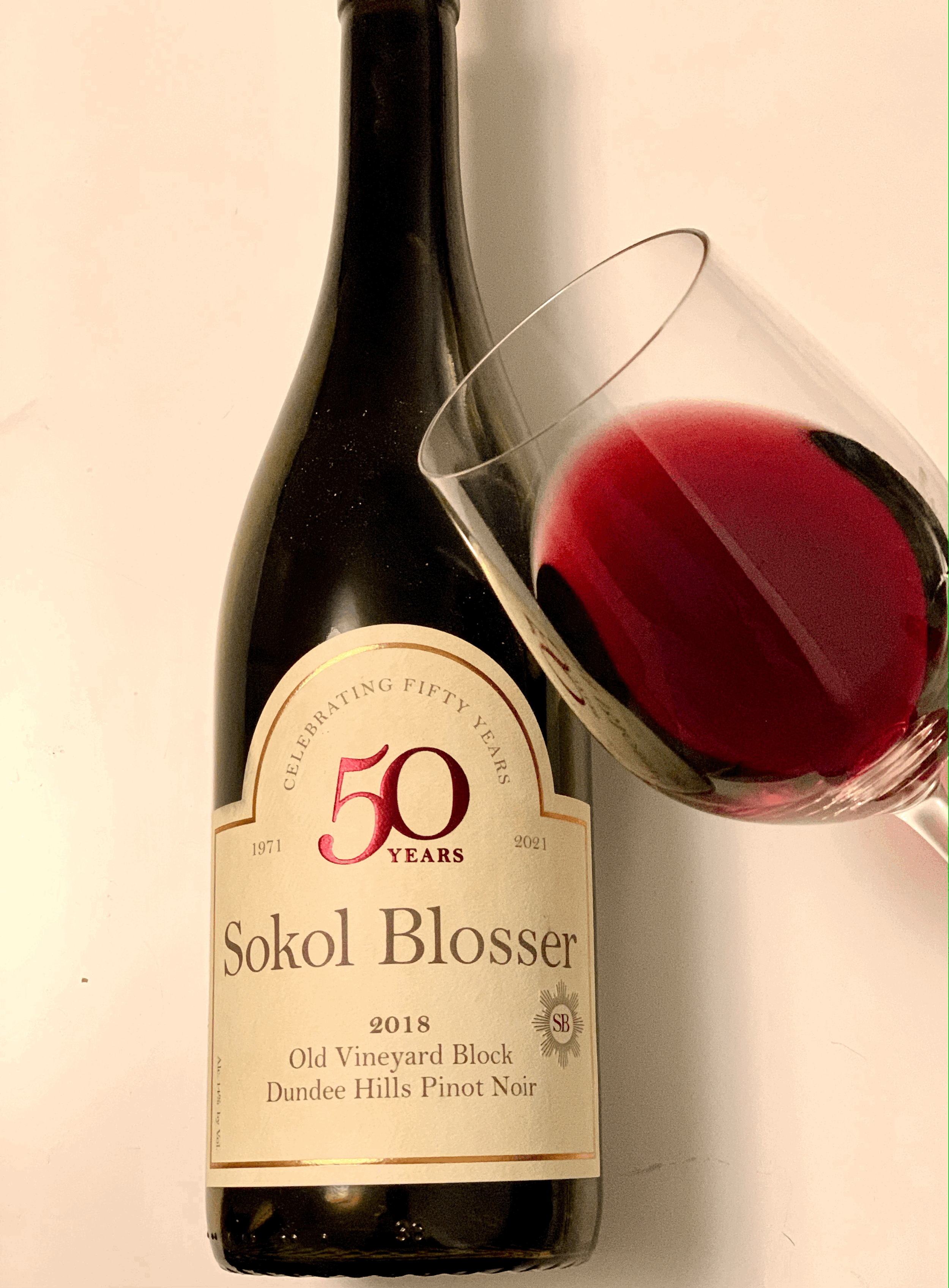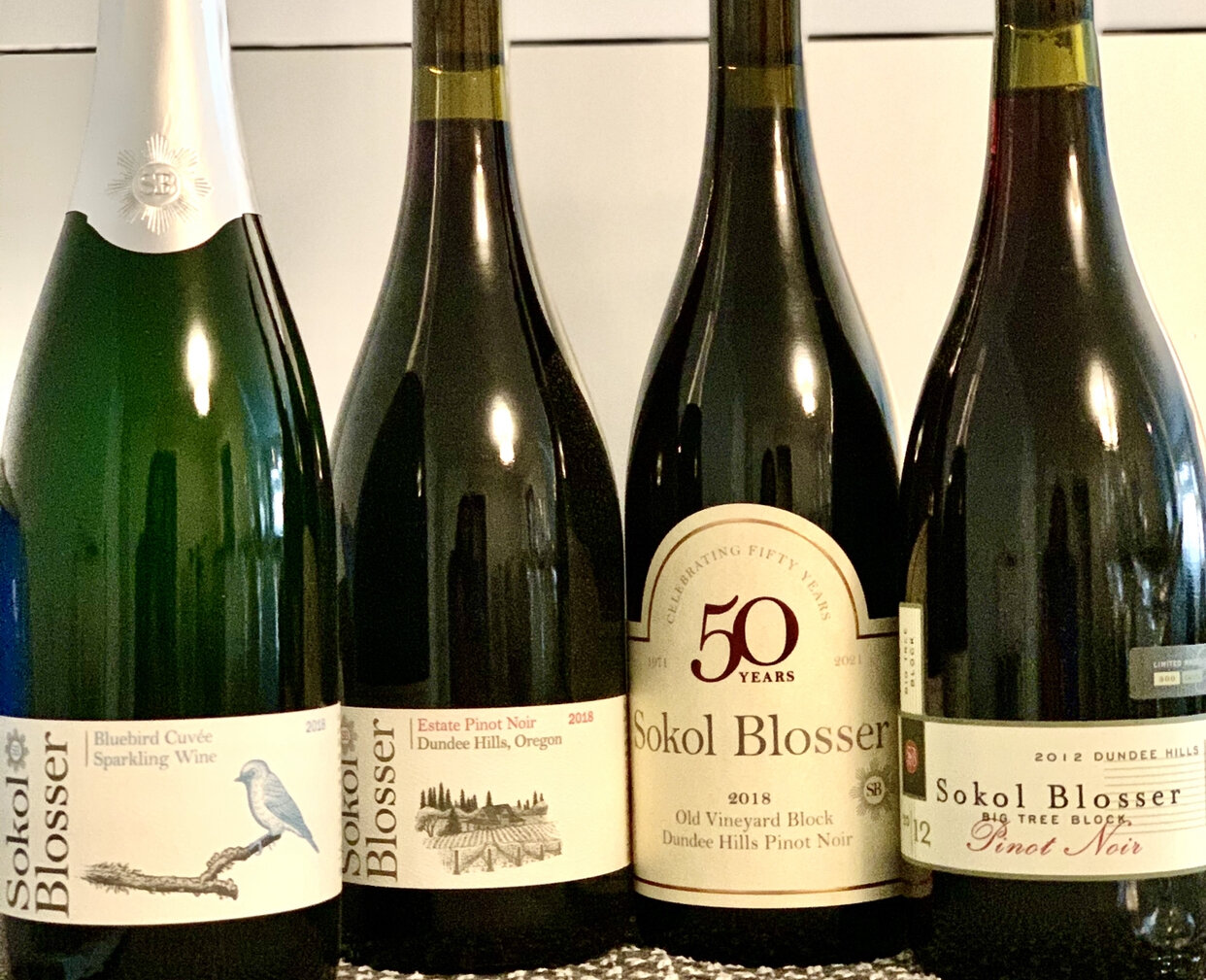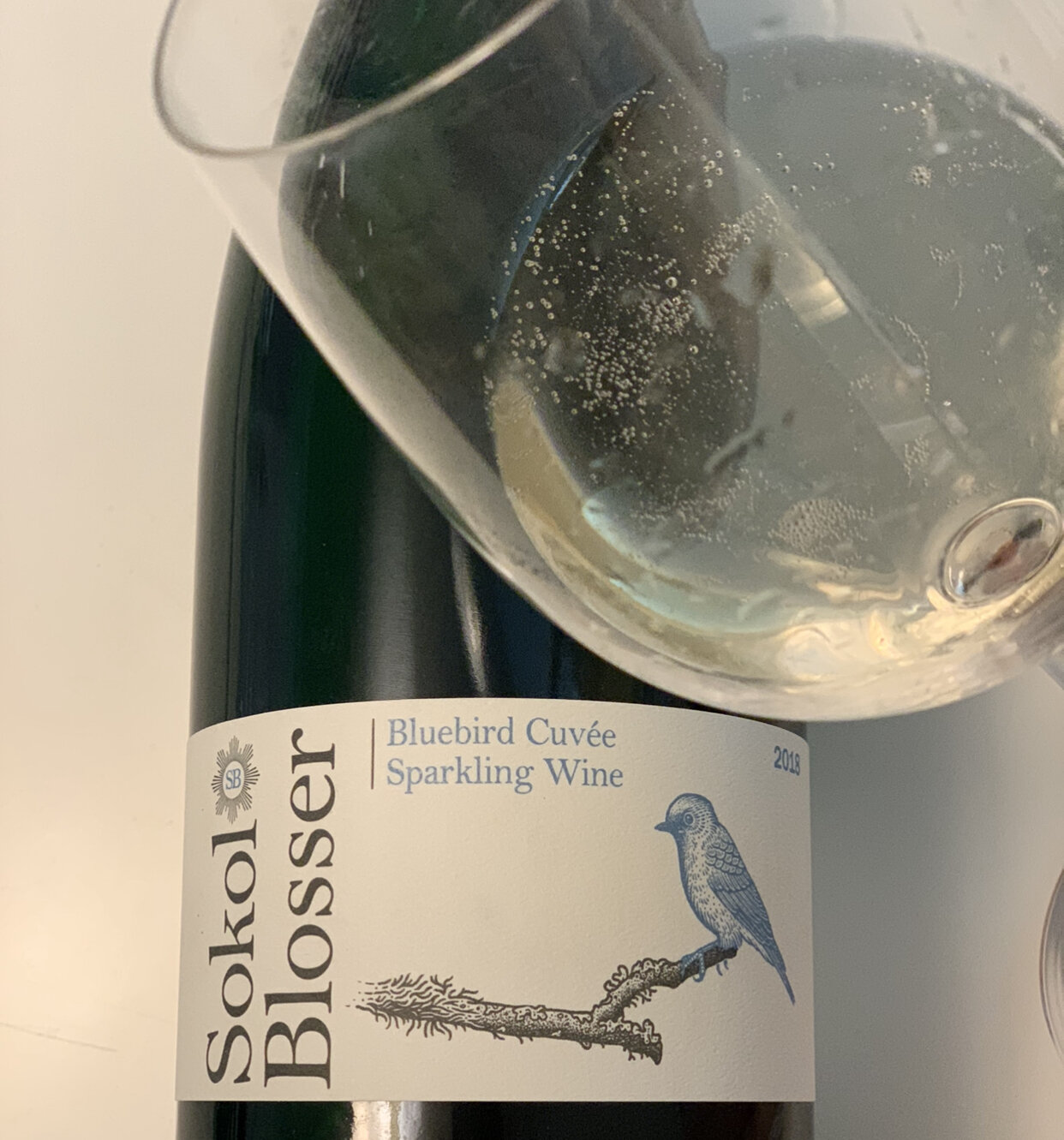A Willamette Valley Pioneer Winery Evolves and Innovates As It Celebrates 50 Years
/When Bill Blosser and Susan Sokol Blosser planted their first vines in 1971 there were only five wineries and 35 acres of vineyards planted in the entire state of Oregon. The land was truly a new frontier of American winemaking.
“We were dreamers and we loved wine,” says Bill.
Initially they thought about starting out in California even though they were living in Portland at the time. The California wine industry was booming, with go-getters like Robert Mondavi who built the first new winery in Napa Valley since Prohibition.
Bill and Susan in the early ‘70s. Photo: Sokol Blosser.
But as chance would have it, they met a few UC Davis students who, as Bill says, were “equally as crazy” as they were, but whose eyes were on Oregon.
After conducting a thorough analysis of past weather records, Bill and Susan’s new wine-loving friends had come to the conclusion that the Willamette Valley was “as close as you’re going to get to Burgundy in the U. S.”
“We met them and we got enthused and we never left,” says Bill. “We all had a love for Pinot Noir, particularly Burgundy and came to the decision that Oregon was the right place for it.”
And, boy, were they right. Today Oregon is the third largest wine producer in the United States (after California and Washington), with 676 wineries and 25,452 vineyard acres planted in the Willamette Valley alone. More than 17,000 of those acres are dedicated to Pinot Noir, a grape that is Oregon’s calling card, although several other varieties such as Chardonnay and Pinot Gris also perform well here too.
The Dundee Hills, Where It All Started
With 88 acres of estate vineyards in the Dundee Hills, Sokol Blosser Winery is situated in the heart and soul of the Willamette Valley, where second generation Alison Sokol Blosser says “everybody wants to be.” In fact, the very first grapes in the Willamette Valley were planted in the red volcanic soils of Dundee Hills, an ideal environment to grow grapes, especially Pinot Noir. The AVA is now home to many of Oregon’s most prestigious wineries.
Photo: Sokol Blosser
“We call it the ‘high rent district’ and joke that we’d like to buy more vineyard property but we’re priced out of our own backyard,” says Alison. The family owns another 16 acres of vineyards in the nearby Eola-Amity Hills District, another top Willamette growing area.
Family Comes First
Alison and Alex. Photo: Sokol Blosser.
Alison, now co-owner of the winery with her brother Alex, says that her parents were really pushing the envelope in terms of being pioneers.
“They took a huge leap of faith and had the willingness to put in all the effort to do this,” she says. “We’re really proud to be one of the last remaining family-owned wineries in Oregon that has now transitioned to the second generation.”
Since 2012 Alex Sokol Blosser has been the head winemaker. One of his favorite times of year is harvest, which he likens to the excitement of the World Series.
“It’s like the world series because there’s a lot of pressure on,” he says. “We only make wine once a year—we’re not a brewery or a distillery where if you mess up, two weeks later you make another batch. This is it, it’s game time.”
Tough Times
Being at the mercy of Mother Nature can make any winemaker tremble, and making a go of it for the long term can be quite a challenge.
“The winery went through hard times financially and we looked at selling,” says co-founder Susan Sokol Blosser. “We took partners at one point, but eventually bought them out. When I became president I looked at different options. In the late ‘90s, the kids said, ‘We can’t sell the winery, this is our lives,’ and from that point forward we have been a committed family business.
Susan says that when she and Bill started, they weren’t thinking of grooming a future generation.
“We really made a point of not encouraging our kids to come into the business,” says Susan, “because it was such hard work. They could have a life if they didn’t have to run the winery.”
Susan says she is grateful that not only did they want to be a part of the family business, but that they are good at what they do. And as both a proud mother and business founder, she believes Allison and Alex have taken the winery up a notch.
The Three Ps of Sustainability
From the beginning, the company has strived to be a leader in sustainable practices, with what they call a ‘triple bottom line’ of people, planet and profit. (Read more details on the winery’s sustainability here).
And since 2005, the winery’s estate vineyards have been certified organic. “We are farmers and so dependent on our soil and on the environment,” says Alison, “and we’ve noticed real climatic changes, in temperature and ripening. We want to be a part of the solution, not part of the problem.”
Wines Tasted
Sokol Blosser Bluebird Cuvée Sparkling Wine 2018 ($25)
Like champagne, this is a traditional method sparkling wine in which the second fermentation is in the bottle. The Bluebird Cuvée’s grapes come from both Oregon and Washington State, and include Pinot Noir, Chardonnay, Early Muscat, Muller-Thurgau and Riesling. Crisp with bright acidity and fine bubbles, the wine offers enticing, perfumed aromas of lychee, orange blossom and honeysuckle. A perfect apéritif with crudité, cheese and nuts.
Sokol Blosser Estate Pinot Noir 2018 ($37)
A fruit-driven nose (mostly raspberry with some black cherry and cranberry) gives way to a slight earthiness on the palate, with medium-low tannins and medium acidity. Pairs well with truffle-infused mushroom risotto and grilled meats.
Sokol Blosser Old Vineyard Block ‘50 Years’ Dundee Hills Pinot Noir 2018 ($60)
Loaded with scents of cherry, raspberry and a touch of vanilla, the palate is medium to light bodied, with fruity and floral notes and a wet stone minerality. The 2018 is a tribute to “Mom and Dad for planting Pinot Noir in the Dundee Hills 50 years ago.” Pair with cedar plank salmon, roasted shiitake mushrooms, and all kinds of cheese.
Sokol Blosser Big Tree Block Dundee Hills Pinot Noir 2012 ($65.99)
An earthy wine with fragrant notes of cherry pie, fresh blueberries, nutmeg and white pepper. The palate is roundly structured with notes of ripe black cherry and blackberry, orange peel, a hint of licorice and an earthiness reminiscent of damp leaves. Pair with meats like chicken in a mushroom sauce and pork chops with rosemary and thyme. Drink now.
































